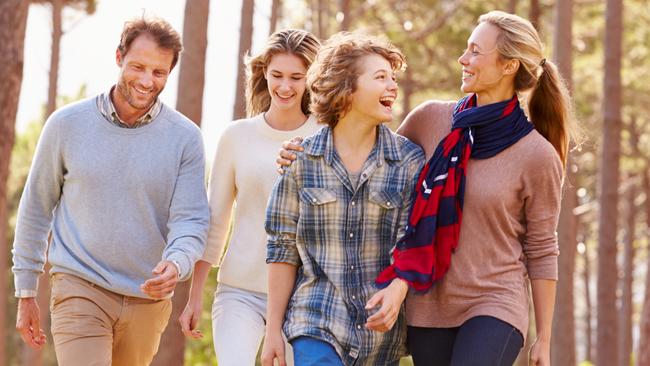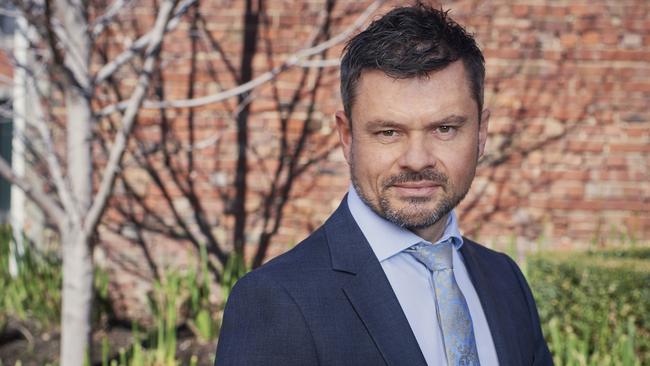Kids feeling at risk of sexual abuse turn mainly to mum
Dads come third behind mothers and peers on the list of who children would turn to if they felt at risk of sexual abuse, a new survey finds.

When a child is feeling unsafe or at risk of sexual abuse, who do they turn to?
The dads out there, especially fathers of girls, might want to stop reading now.
A new study has found overall that kids between 10 and 18 are most likely to turn to their mum, followed by a trusted friend, and then their dad to talk about situations where they feel at risk of sexual abuse.
But a deeper dive into the survey of more than 3400 children by the Australian Catholic University’s Institute of Child Protection Studies reveals stark differences between how girls and boys say they would react to “concerning behaviour” from either an adult or a peer.
While the boys in the survey indicated they would turn first to their mother, then to their father, and then to a friend, in situations where they felt unsafe, for girls, dads dropped to a distant third.
In situations where an adult was making them feel unsafe, 69 per cent of 10 to 18-year-old girls said they would talk to their mother, and the same percentage said they would turn to a friend. Just 41 per cent said they would tell their dad.
For boys facing the same situation, 69 per cent would go to mum, 63 per cent to dad and 60 per cent to a friend.
A similar pattern emerges if a peer was putting a child in an unsafe situation, the data, part of ACU’s Children’s Safety Survey, finds.
Others they might turn to are siblings and teachers, though both were further down the list.
ICPS director and study co-author Daryl Higgins said Australian families still hadn’t shaken the paradigm of mothers being seen as responsible for most of the parenting.
“We know from other data that, even when both parents work, it’s mothers who do the bulk of care tasks within a family, both the domestic and the emotional work,” Professor Higgins said.

“They are most often the ones asking their kids how they’re feeling after a bad game, or consoling them over not being invited to the big party. My sense is that children are following this pattern when it comes to needing to talk about unsafe sexual behaviour.”
He said fathers could take something from the report’s findings.
“For dads, now is the time to step up. These conversations don’t need to be the big ‘birds and bees’ talk, but lots of micro-conversations that show you can be trusted with your child’s emotions.
“I’d say to fathers, especially those with younger kids, get on board now, show you can talk to them about issues like body integrity, like their feelings about sex and sexuality, about respect and consent,” Professor Higgins said. “This is not monthly, or even weekly, but daily emotional work.”
The Australian Child Maltreatment Study published in April found 32 per cent of 8500 people reported experiencing physical abuse at some point in their lives before turning 18.







To join the conversation, please log in. Don't have an account? Register
Join the conversation, you are commenting as Logout